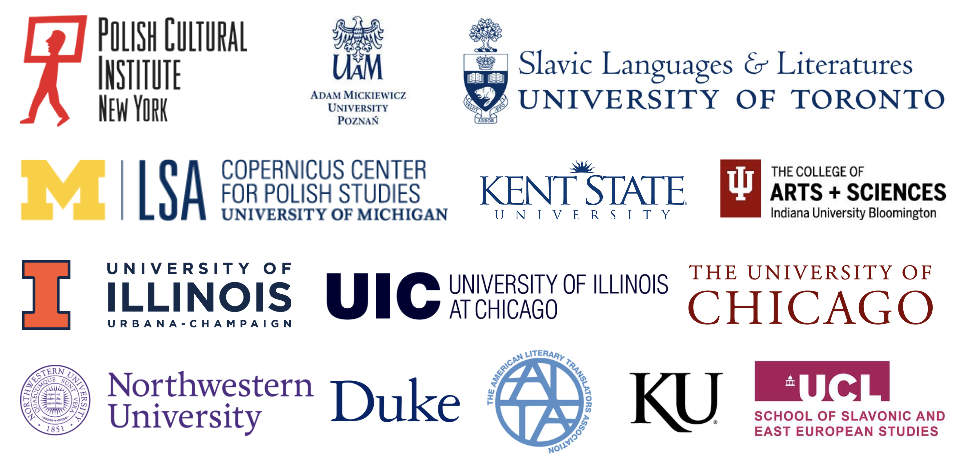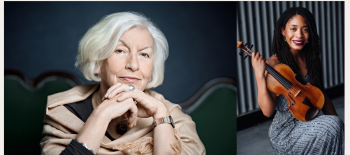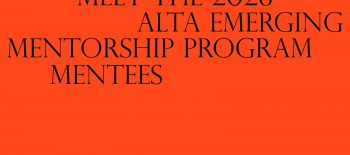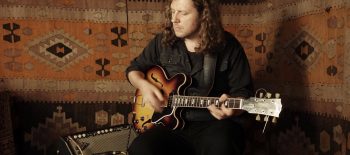Lesia Ukrainka and Ukrainian Women Writers with Marko Pavlyshyn
S4E2 and all video recordings are available on our YouTube.
Encounters with Polish and Ukrainian Literature is a video series for anyone interested in literature and the culture of books and reading. Each month, host David A. Goldfarb will present a new topic in conversation with an expert on that author or book or movement in Polish literature. More about the Encounters with Polish and Ukrainian Literature series and the timeline.
Lesia Ukrainka (also written “Lesya,” born Larisa Kosach, 1871-1913), is one of Ukraine’s most important writers. A poet, playwright, essayist, and feminist thinker who participated in leftist, anti-tsarist circles, her work is enjoying a particular revival right now, with new scholarship, discussion particularly among women writers such as Oksana Zabuzhko, and three new translations coming out in 2024-25 from Harvard University Press. In contrast to Taras Shevchenko, discussed in season 2, episode 12 of “Encounters,” she came from a family of intellectuals and the gentry. She learned several languages, but Ukrainian was prioritized in her family as a conscious assertion of Ukrainian national identity. For much of her life, she suffered from tuberculosis, and travelled throughout Europe and as far as the Caucasus and Egypt for cures, exposing herself to a wide spectrum of world culture.
In this episode, we reflect on some of her poems, such as “Contra speram spero” and “Khamsin” in which she engages the question of her European perspective in Egypt, though she does not herself represent a colonizing power. We focus primarily on her drama, Cassandra, set in the time of the fall of Troy, and we look at the elements of modernity that she brings to classical myth, layering psychology on top of philosophical ideas, and considering the women’s point of view. Finally, we consider Ukrainka’s perspective on truth in the context of our contemporary situation, where algorithms feed people what they want to hear, and propaganda serves as a palliative.
Lesia Ukrainka in English Translation
The Blue Rose. Tr. Nina Murray. Intro. by Tamara Hunderova. Harvard Library of Ukrainian Literature. Cambridge: Harvard U. Pr., 2025.
Cassandra. Tr. Nina Murray. Intro. by Marko Pavlyshyn. Harvard Library of Ukrainian Literature. Cambridge: Harvard U. Pr., 2024.
The Forest Song. Tr. Virlana Tkacz and Wanda Phipps. Intro. by George G. Grabowicz. Harvard Library of Ukrainian Literature. Cambridge: Harvard U. Pr., 2024.
Lesia Ukrainka in Translations. Ed. Natalia Pazuniak. Philadelphia: Commemorative Committee to Honor Lesia Ukrainka, 1988.
Lesya Ukrainka: Life and Work by Constantine Bida and Selected Works Translated by Vera Rich. Toronto: Published for the Women’s Council of the Ukrainian Canadian Committee by University of Toronto Press, 1968.
Spirit of Flame: A Collection of the Works of Lesya Ukrainka. Tr. Percival Cundy. Westport, Conn.: Greenwood, 1971.
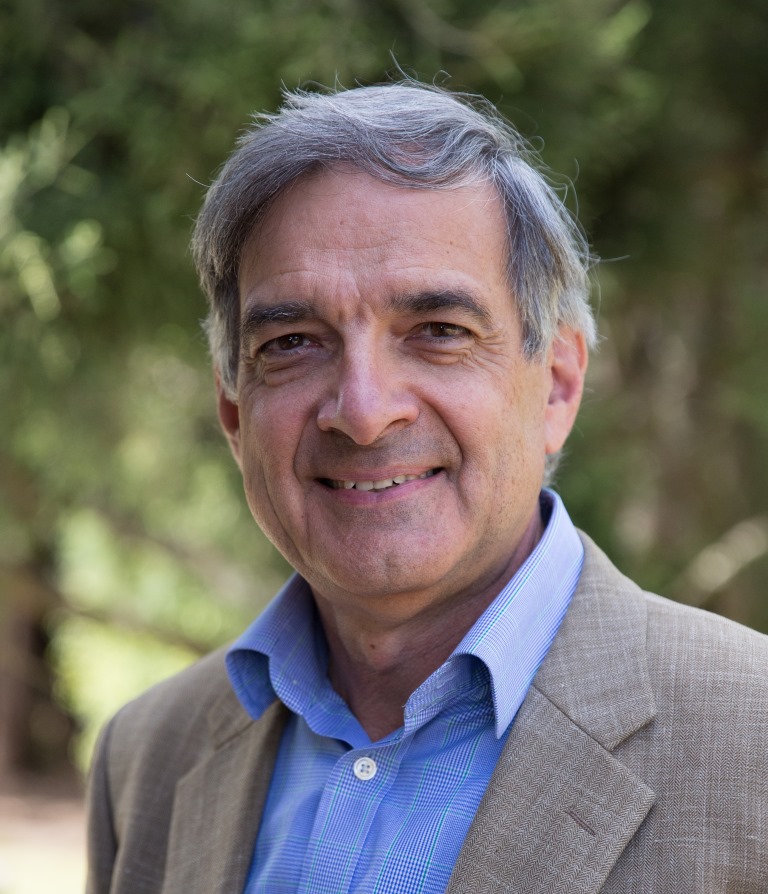
Marko Pavlyshyn is Emeritus Professor of Ukrainian Studies at Monash University. He is the author of Ol’ha Kobylianska: Interpretations (Kharkiv, 2008), Canon and Iconostasis (Kyiv,1997), literary translations from the Ukrainian into English, and more than 100 chapters and articles, mainly on modern and contemporary Ukrainian literature. He has edited and co-edited twelve scholarly collections including, with Giovanna Brogi and Serhii Plokhy,Ukraine and Europe: Cultural Encounters and Negotiations (Toronto, 2017). Marko Pavlyshyn is a Fellow of the Australian Academy of the Humanities and an International Member of the National Academy of Sciences of Ukraine.
Photo of Marko Pavlyshyn, image courtesy of Marko Pavlyshyn
Lead image: Lesia Ukrainka, credit: Wikimedia Commons
Bartek Remisko, Executive Producer
David A. Goldfarb, Host & Producer
Natalia Iyudin, Producer
